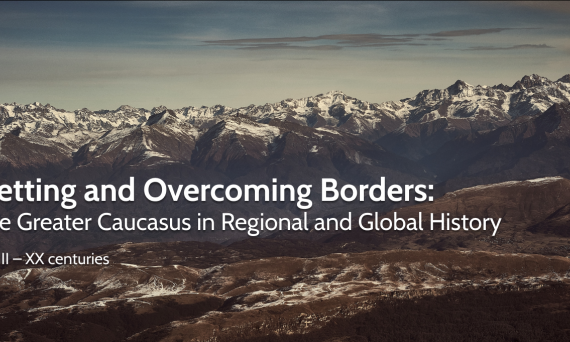European University at St. Petersburg is holding a scientific conference “Setting and overcoming borders: the Greater Caucasus in regional and global history, XVIII–XX centuries.” The conference is dedicated to the history of the Greater Caucasus — a historical and geographical macro-region that unites many cultures, religions, economic structures and identities.
In the second half of the 19th century, British historian and politician John Acton answered the question of what England is with just one word — an island. About a century later, the famous French historian Fernand Braudel decided to give an equally laconic answer to the question of what France is — diversity. Standing on the shoulders of giants, we can continue: what is the Caucasus? The Caucasus is a border.
The historical map of the Greater Caucasus is a palimpsest of various borders — political, ethnic, cultural, linguistic and mental. A feature of many of them was high permeability, a peculiar porosity of the boundary spaces. Such boundaries not only divided, but also united, formed communities with the experience of cultural bilingualism, provoked cross-cultural exchange and the phenomenon of intercultural mediators. Establishing a border meant not only creating a barrier, but also providing the necessary conditions for cooperation between regions in different systems and institutions. Recognition and understanding of the neighbor's subjectivity played the role of a transponder in overcoming boundaries.
As part of the conference, we want to consider the Greater Caucasus as a border space with many cultural, social and political valences. We propose to look at the phenomenon of borders broadly and consider not only the borders recorded on maps, but also to reconstruct the borders that passed through institutions of power and management, public spaces, legal traditions and innovations, everyday practices, artistic creativity, cultural symbols and images. We look forward to an interdisciplinary conversation between historians, anthropologists, cultural scientists and economists.
We hope that the conference will allow us to assess the prospects for international academic cooperation and determine priority topics for joint scientific projects.
Working languages: Russian and English.
Photo: Unsplash
